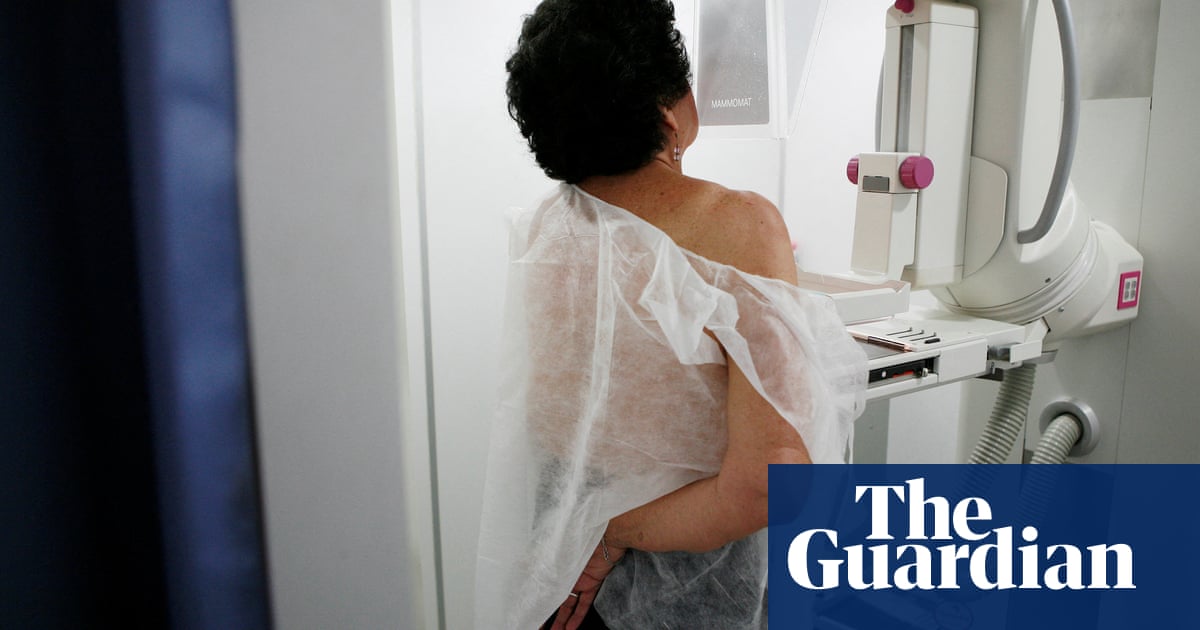
Breast cancer patients may have a better chance of survival when they follow a low-fat diet heavy in fruits, vegetables and whole grains.
US researchers studied 19,541 participants in the federally funded Women’s Health Initiative (WHI) who were randomly selected to join a dietary experiment focused on limiting fat intake to 20 percent of calories. Researchers also looked at data for a control group of 29,294 women in a study that didn’t involve dietary changes.
By the time the researchers had been tracking half the women for at least 8.5 years, 1,764 participants had been diagnosed with breast cancer. A decade after their diagnosis, 82 percent of the breast cancer patients on the low-fat diet were still alive, compared with 78 percent in the control group.
For women on the low-fat diet who developed breast cancer, this translated into a 22 percent lower risk of death during the study, and these women typically didn’t succeed at reducing fat consumption by the amount suggested in the diet experiment.
Lead study author Dr. Rowan Chlebowski of City of Hope National Medical Center in Duarte, California, said: “Decades ago, comparison of country-to-country differences in fat intake found countries with higher fat intake like the US and most of Western Europe had higher breast cancer mortality, but subsequent observational studies have had inconsistent results.”
“The WHI dietary modification trial is the only full-scale randomized trial addressing this issue,” Chlebowski said by email.
The main goal of the diet experiment was to get women to change their eating habits, not to count calories or lose weight.
The study, which was published in the JAMA Oncology journal, concluded that women on the low-fat diet were less likely to develop certain hard-to-treat tumors. One limitation of the study is that researchers relied on women to accurately describe their eating habits in questionnaires.
For his part, Dr. Graham Colditz, a researcher at Washington University School of Medicine in St. Louis, Missouri, who wasn’t involved in the study, saw that “for lowering breast cancer risk - and cancer risk overall, the most important part of diet is to keep calories in check. Weight gain and obesity is an important risk factor for postmenopausal breast cancer and 12 other cancers.”











